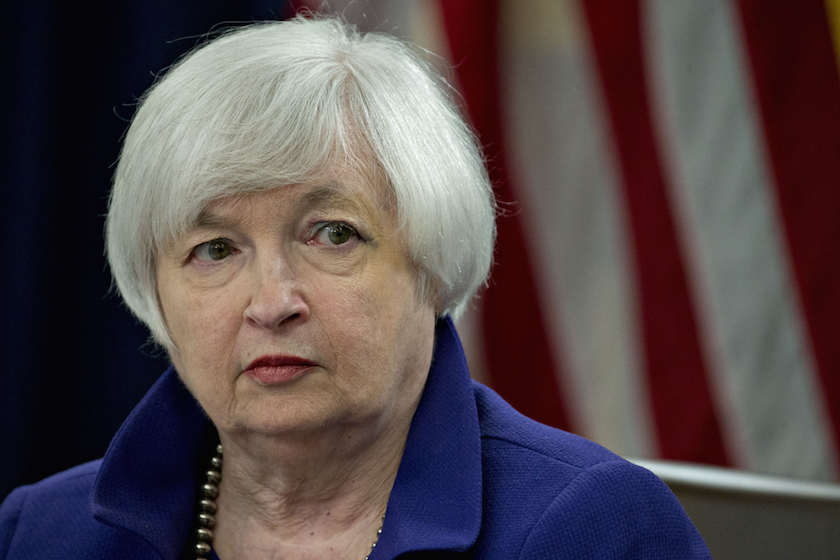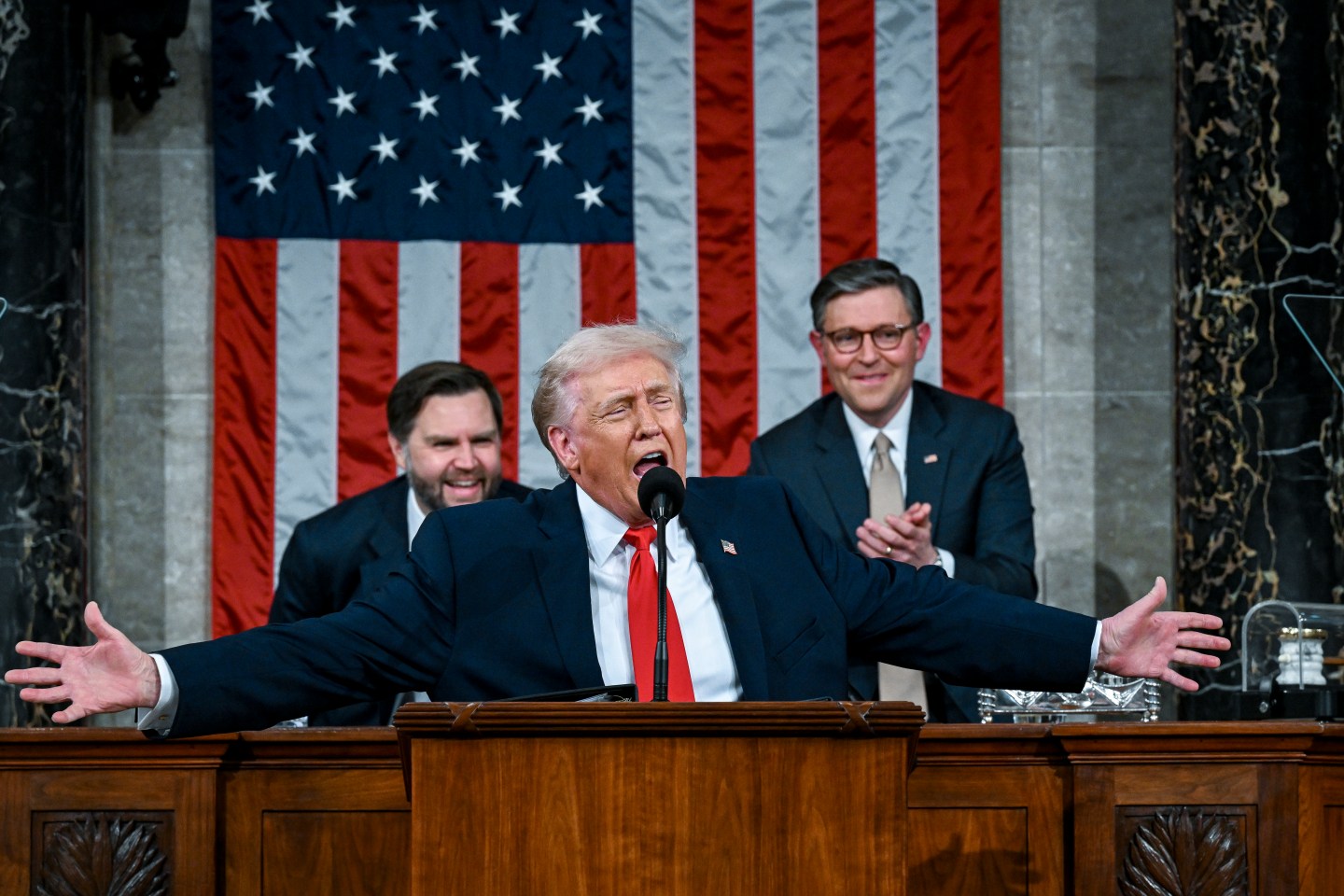Federal Reserve economists are usually known for their sunny outlook, but these days they appear to be seeming more clouds than usual.
At a press conference on Wednesday, Janet Yellen’s statements, combined with projections of individual Fed members, show that the Fed chair and her colleagues are rethinking their belief that the U.S. economy will soon return to normal.
For years, Fed projections for the economy have been overly optimistic, with economists at the Fed predicting that the American economy would fairly quickly return to the sort of robust growth it was used to before the Great Recession in the years after.
Those projections never came true, and seemingly every meeting of the Federal Open Market Committee—the interest-rate setting body at the Federal Reserve—resulted in Fed economists revising down their projections of where growth and interest rates would be in the future.
Economists outside the Fed, like former Treasury Secretary Larry Summers, have been arguing for years now that this is because the Fed is misunderstanding the economy. He argues that the economy is going through a period of “secular stagnation,” caused in part by slowing population growth and rising economic inequality, that is leaving the policy makers helpless to shock the economy back into normal growth without serious help from government spending.
In June, the Fed announced one of the largest revisions in its predictions for where rates will be in the long run, down 0.3 percentage points from what they said long run expectations were just three months ago to just 3%. It’s also a full percentage point below what Fed economists had assumed the longer run rate would be just three years ago, and is a tacit admission that the Fed can’t stimulate the U.S. economy out of the next recession.
That’s because the Fed typically reduces interest rates by more than 3% just to stimulate the economy back to healthy growth. Following the last recession, for instance, the Fed reduced the federal funds rate from above 5% to near zero. With long run rates not expected to reach anywhere near that level, a Fed Chair will simply not have the sort of tools that proved ineffective in fighting the last recession.
As Fed chair, Janet Yellen is loathe to dive too deeply into political arguments, but when the next downturn comes, she or her successor may have no choice but to beg Congress for robust stimulus spending.












